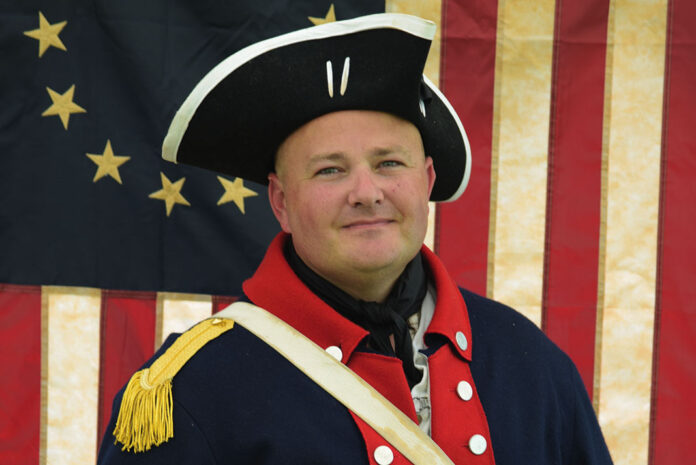North Carolina’s Independence
As we celebrate the 245th anniversary of Independence Day on the 4th of July, we need to remember the struggles our founders faced. During the years leading to the birth of our country, the late spring and early summer of 1775 was a very eventful time for North Carolina.
The Revolution officially began in April of 1775 in Massachusetts with the “shot heard round the world” at Lexington and Concord. But it would be over a year before the Declaration of Independence was penned and signed, and the North American colonies officially made their split with Britain. Significant events were occurring quickly here in North Carolina. Governor Josiah Martin had been in his position since Governor William Tryon’s departure to New York in 1771. During his time as governor, Tryon had clashed with the colonists on issues of authority, taxes, and corruption. Over Martin’s four years of governance the relations between the colonists and royal authority had grown more strained and was on the boiling point of open hostility. Already in 1774 and in 1775, the rebellious colonists had set-up their own congresses in New Bern, that competed with the governor’s rule of the colony. With all of this in mind, Martin fled Tryon Palace within a week after the Battle of Lexington and Concord. Martin’s flight not only ended provincial governance of North Carolina, but now he claimed the undesirable dual distinction of being both the last royal governor of the colony as well as the first royal governor to abandon his post during the Revolutionary War. Martin first fled to Fort Johnston in what is now Southport, North Carolina. But by Mid-July, Fort Johnston was endangered. As its first military action of the Revolution, the militia of the newly freed North Carolina burned down the fort. Fortunately for Martin, he had been forewarned and escaped capture by taking flight yet once again. Josiah Martin continued to be nuisance to North Carolina for a time. From a British naval vessel, he coordinated and supplied North Carolina Loyalists. Their numbers swelled up to a force of 1,600 men and they soon engaged the Patriot militia at the Battle of Moore’s Creek Bridge in February of 1776. There however, the Patriots won an overwhelming victory, of such importance that the Loyalists and Martin would never again be a major concern to North Carolina. The newly born state’s path to freedom was assured, and that path began with Martin’s flight 246 years ago.
Martin, Josiah | NCpedia
Provincial Congresses | NCpedia
Royal Governor Josiah Martin (1737 – 1786) – North Carolina History Project
Interpreter Handbook
by Shane Mason, Historic Interpreter I and Fife and Drum Coordinator
Tryon Palace • 529 South Front Street • New Bern, NC 28562 • 252-639-3500 • www.tryonpalace.org

